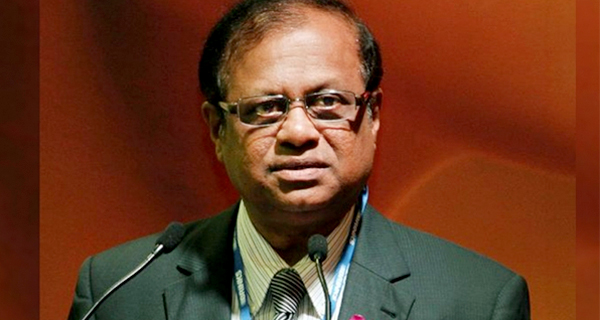-By LeN Special Correspondent

(Lanka-e-News -17.Aug.2025, 7.30 PM) It seems that Susil Premajayantha, the former Minister of Education, was not idle during the last presidential election season. Instead, he authorised one of the most extraordinary procurement scandals in recent memory: the hurried purchase of 1,000 “smart boards” at a staggering cost of Rs. 1.49 billion — boards which today lie unused, gathering dust in storage facilities.
According to the latest audit report issued by the National Audit Office, no national emergency warranted such an “urgent” procurement. Yet the Education Ministry, under Premajayantha’s direction, fabricated an emergency and rushed through a deal that broke every known procurement procedure.
What makes the affair all the more egregious is that Sri Lanka had already been offered 500 smart boards free of charge, courtesy of a USD 20 million grant from the Chinese Government. The grant was designed to launch a pilot project across schools. But the Ministry, instead of accepting the aid, deliberately ignored the offer — and instead spent public money to purchase 1,000 units.
The audit makes clear that every procurement rule was flouted, with officials citing a false emergency to justify the purchase.
By 31 May 2025, the audit confirmed, all 1,000 smart boards remained in warehouses, unopened and unused. Their warranty periods — one year from purchase — are now close to expiring, with no schoolchildren having benefited from the costly technology.
Of the 1,000 schools identified to receive the boards, 121 lacked the required fibre-optic internet facilities, making installation impossible.
The National Audit Office insists that senior ministry officials — including the Chief Accountant, the Additional Secretary for IT and Digital Education, and members of the technical evaluation committee — should be held accountable and that the financial loss be recovered from them.
Yet critics argue that officials rarely act on whim. Behind the scenes, they claim, Premajayantha himself exerted pressure, ensuring the boards were purchased ahead of the election and distributed to schools in a manner designed to curry favour with voters and, by extension, bolster the campaign of then-President Ranil Wickremesinghe.
The controversy has drawn parallels with a notorious case two decades ago, when sports and trade ministers Mahindananda Aluthgamage and Nalin Fernando were sentenced to 20 and 25 years’ imprisonment respectively for buying and distributing carrom boards to influence voters.
If distributing carrom boards was deemed corruption worthy of heavy prison terms, critics ask, how is Premajayantha’s smart board scandal any different?
The Audit Report has now put the ball squarely in the court of the Commission to Investigate Allegations of Bribery or Corruption (CIABOC). Legal observers and public watchdogs insist a formal investigation must follow. Anything less, they warn, would confirm suspicions that election-season corruption in Sri Lanka remains untouchable when committed by the political elite.
For now, the smart boards sit in storage — mute, expensive witnesses to a system that too often confuses public service with political self-preservation.
---------------------------
by (2025-08-17 14:01:28)
Leave a Reply